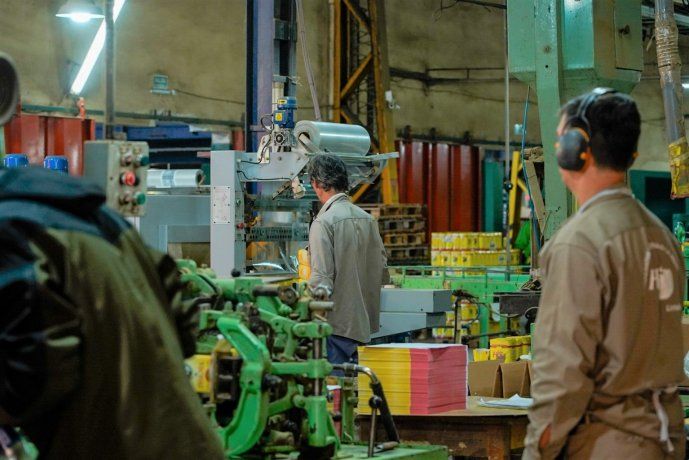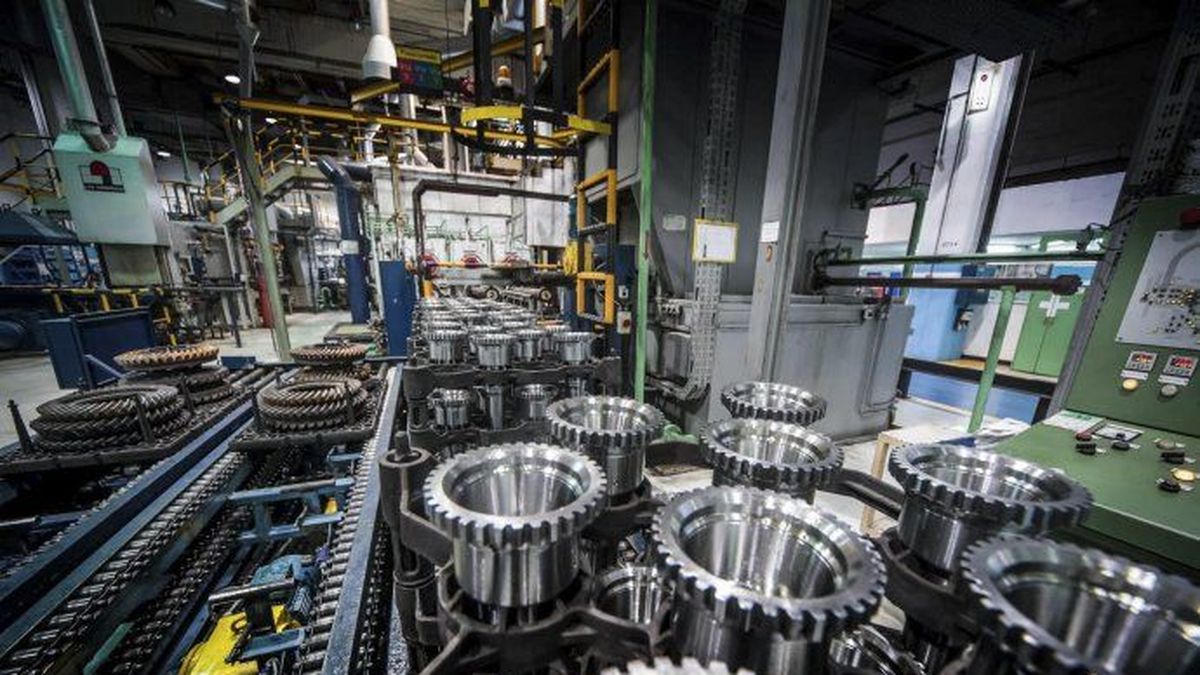Almost 70% of the Industrial SMEs They warned that they are going through a crisis of activity, caused by the collapse of consumption in the domestic market, and which strongly affected employment. This emerged from a survey carried out Argentine Industrial SMEs (IPA) among its associates, where also almost 80% of the manufacturing industrialists throughout the country showed themselves pessimistic about the future of their businesses during the next twelve months.
The survey, which was carried out during the second half of May, revealed that a 31.3% of Argentine SMEs went through a “very bad” situation during the first five months of the year; while 38.2% described as “bad” the reality they had to face since the implementation of the national government’s economic plan. Meanwhile, 26.3% considered this stage “good”; and only 4.1% rated it as “very good.”
Screenshot_20240528-195046-351.png
Industrial SMEs warn of the impact of the recession
The most worrying data emerged from the expectations for the twelve month period next for the manufacturing industry, since a 55.3% of respondents predicted a “worst” scenario for sector activity; and 23.5% predicted the continuity of the crisis it is currently experiencing by not expecting “relevant changes.” Only 21.2% expect production conditions to be “better” for that period of time.
“The survey that we show today confirms our forecast from day 1. All this time we tried to maintain a dialogue with the highest authorities of the country and the Ministry of Economy to anticipate and avoid the crisis that finally occurred in this first stage and that left many SMEs in situation of serious risk of continuity”, stated the president of IPA, Daniel Rosato.
The representative of the SMEs warned that “the problem for the industrial manufacturing sector will worsen if officials stay away from the dialogue and the reality of the companies,” and highlighted that “the pessimism of industrialistswhich are key to the daily investment that generates local employment, is a warning signal that President Javier Milei and the Minister (of Economy) Luis Caputo should listen to.”
“SMEs are willing to help the Government, because we want Argentina to move forward. From the first day we we made available to bring you the plan for the sector and show that we are here to contribute our sacrifice. But without a plan for the factories to recover, the future is very uncertain,” Rosato warned.
In fact, 62.2% of industrial SMEs assured that the evolution of the future scenario depends “on what the economic policy of the government; while 33.2% of the universe surveyed pointed to the “situation of the internal market” as a decisive factor in business in the sector. “More than 95% of SMEs are seeing whether or not we emerge from the recession. Investments, employment and even the continuity of the factories will depend on that,” said Rosato.
SMEs industry

A survey carried out by IPA highlighted the harsh impact on SMEs due to the drop in consumption.
SME employment: more than half of companies will not lay off staff
Another alarming fact that emerged from the questionnaire was the predisposition of 35% of SMEs to lay off staff. “Given the impossibility of paying salaries, many factories have to get rid of their workers, whom they trained and who are part of the industrial family. These decisions are made with great regret,” Rosato clarified. The majority of companies (54.8%) stated that will keep its workforce unchanged; while 10.1% plan additions to their workforce.
SME companies: what are the main difficulties
According to the survey presented by IPA, the greatest responsibility for the crisis that SMEs are going through responds to the lack of demand from the domestic market (70%); followed by the “too much tax/tax burden” (48.4%); while “uncertainty regarding economic policy” is the third reason (39.2%) that weighs the most among the problems that factories face to continue producing.
The inflationary acceleration (24.4%) in factory inputs; the lack of qualified employment (13.4%); difficulties regarding foreign trade (12%); and the exchange gap (10.6%) completed the most relevant negative aspects. While 8.8% of companies responded that they have no problems today.
Source: Ambito




